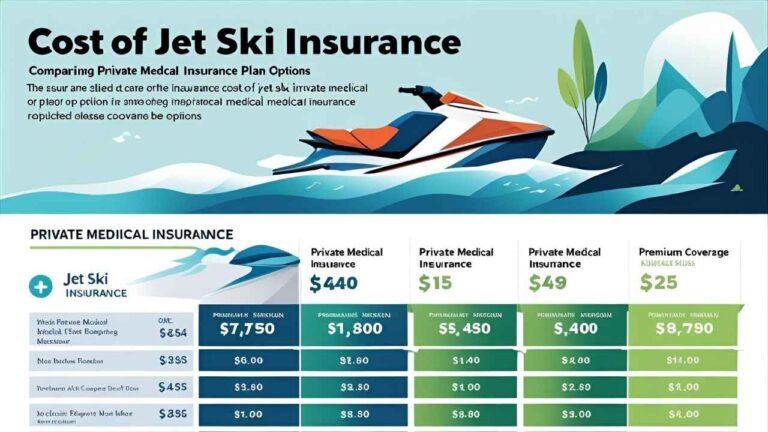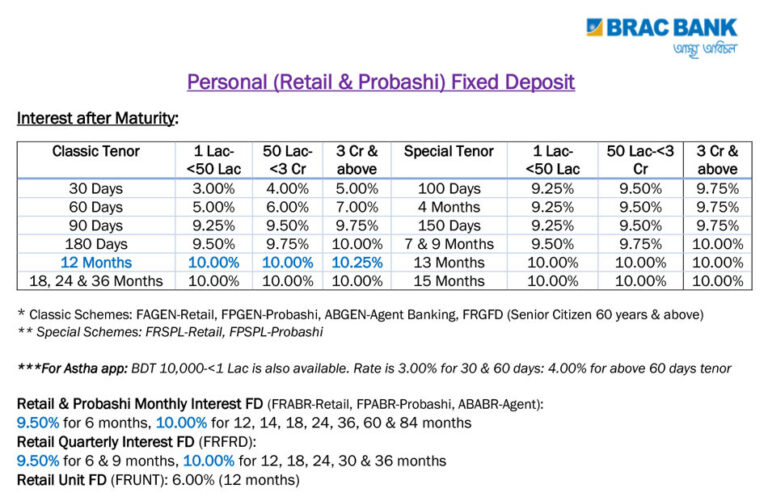Renters insurance is an insurance policy just for tenants with coverage options for your personal belongings, liability and temporary housing costs due to an unexpected incident. Renters Insurance vs Homeowners Insurance Unlike homeowners insurance, renters insurance provides coverage to the possessions and liabilities of persons who don’t own a home or apartment but live as renters in someone else’s property, deploying peace of mind without the responsibility of being a property owner.
This insurance usually consists of three primary elements: coverage for personal property, liability coverage, and loss-of-use coverage. Personal property coverage will help cover the cost of your belongings — which includes things furniture, electronics and clothing — if it’s lost or damaged due to a covered peril, such as theft, fire or water damage. Liability coverage pays for legal and medical expenses if a person is injured on your rental premises, or if you inadvertently damage someone else’s property. Loss-of-use coverage helps reimburse you for temporary housing and living expenses if your rental home becomes uninhabitable after a covered event.
Why Renters Insurance Is Important: A lot of renters believe falsely that their landlord’s insurance covers their stuff. But landlord policies generally only cover the structure of the building and provide no protection to tenants. The answer to that is renters insurance – a cheap way to get your belongings covered while you’re in rental accommodation.
Read More Post: Understanding Jet Ski Insurance Cost and Private Medical Insurance Plans
Benefits of Renters Insurance
Financial protection is the main advantage of renters insurance. For a fairly minimal monthly premium — usually $10 to $30 —situated renters can protect their belongings and evade expensive out-of-pocket costs. Picture if your laptop, or your furniture, or even your entire wardrobe went up in flames, or got burglarized. These things can be costly to replace, but if you have renter’s insurance, at least you know that you’d be covered in the event of such a loss.
A continued benefit is your liability protection. There are instances when the coverage can sound less first-world-problem-y: “Furniture gets stolen or catches fire in a moving truck,” said Ryan Lane, a longtime personal finance writer at the financial advice website NerdWallet — or (gasp) “you throw a party and someone slips on a throw rug and busts their head open.” If a guest slips and falls in your apartment, or you break a neighbor’s stuff when you accidentally burst into their living room because you confused your floor with theirs? Loss-of-use coverage also can pay for hotel stays or short-term rentals if your home is rendered uninhabitable by a covered event, say a burst pipe or electrical fire.
Renters insurance is also flexible. You can modify policies to match your lifestyle (adding coverage for high-value items such as jewelry or electronics, for instance). This versatility is perfect for use in apartments, condos, rental homes, the office, and more!
How to Pick the Best Renters Insurance Policy
It takes careful thought about what you want and what you can afford to obtain the best renters insurance. Begin by taking an inventory of your personal possessions. Inventory items you own like furniture, electronics, clothes, appliances to estimate the cost to replace. That helps in deciding how much personal property coverage you need.
Now, consider liability coverage caps. Most policies provide $100,000 to $300,000 in liability coverage, but you might need more if you frequently host guests or have pets. Look for exclusions: Some policies may not cover certain perils, like floods or earthquakes, which may call for additional riders.
Get quotes from several insurers to get the best prices. Search for discounts, like those for renting insurance bundled with auto insurance or for installing safety devices like smoke detectors. Reading customer reviews and evaluating the soundness of the insurer can also help you select a reputable insurer.
And finally, take a look at the policy’s deductible — in which the company isn’t involved until you spend that amount of money out of pocket. Raising your deductible can reduce your premium but make sure it’s an amount you can manage.
Read More Post: Ultimate Guide to Pontoon Boat Insurance for Safe Water Adventures
Renters Insurance Myths to be aware of
Many tenants may overlook this essential coverage because there are still myths about renters insurance, despite the fact that is is inexpensive and valuable. One of the biggest myths is that it’s too expensive to get renters insurance. In fact, it’s one of the most affordable forms of insurance, and in many cases premiums can be less than a dollar per day.
Another myth is that you don’t need renters insurance if you don’t have a lot of valuable stuff. Imagine, though, how quickly those little things can add up — in sprouting seeds like refrigerators and even jeans or dress clothes — and how big the bill is if they all need to be replaced without insurance. Some tenants also think that their landlord’s insurance policy protects their stuff, which it almost never does.
And, many perceive renters insurance to only cover unlikely events such as a fire. Indeed, policies can extend to all sorts of incidents, from theft to vandalism to water damage under particular circumstances. Knowing these misbeliefs can help renters make more informed decisions to prevent themselves from being underinsured.
With these myths debunked, renters are more likely to understand the importance of renters insurance and put plans in place to protect their financial future.
How to Make a Renters Insurance Claim
You can easily file a claim with your renters insurance company as long as you take the correct approach. First and foremost, file a complaint of damage or loss as soon as possible. Photograph or electronically video some of the affected items, and save receipts for any temporary repairs or living accommodations. this is only further evidence of your own added.
Report the incident to your insurance company as soon as possible. Many insurance providers operate 24/7 claims hotlines or online gateways. Give a complete description of what happened, including the date, time and reason for why you are submitting the claim. You will be required to provide a copy of both your inventory and support attached.
You may be assigned an adjuster to estimate the damage, in person or over the wire. Answer their questions truthfully and completely so that your claim is not unnecessarily delayed or denied. Afterward, your insurance company will pay you for covered losses, minus your deductible.
To avoid future claims, proactively do things like installing security systems or keeping up on smoke detectors. These are not only ways to lower your risk — they might also help you qualify for premium discounts.
Read More Post: Dinghy Insurance Protecting Your Small Boat with Confidence
In Conclusion: Introducing Why Every Tenant Needs Renters Insurance
With the unpredictable world that we live in today, renters insurance has become a necessity for tenants who are looking for peace of mind. It provides full protection for your possessions, protection against liability exposure (if you want to claim your dog is coincidental, go ahead and try) and for unanticipated living expenses. Renters insurance is available to tenants of all income levels because it has such low premiums and customizable options.
Wait for a disaster to see the value of coverage. When you pay for renters insurance, you’re insulating your financial future and your way of life. Read up on policies, compare quotes, and select a plan that makes sense for you. With proper coverage, you can rent with peace of mind, knowing that you’re protected in the face of the unexpected.





